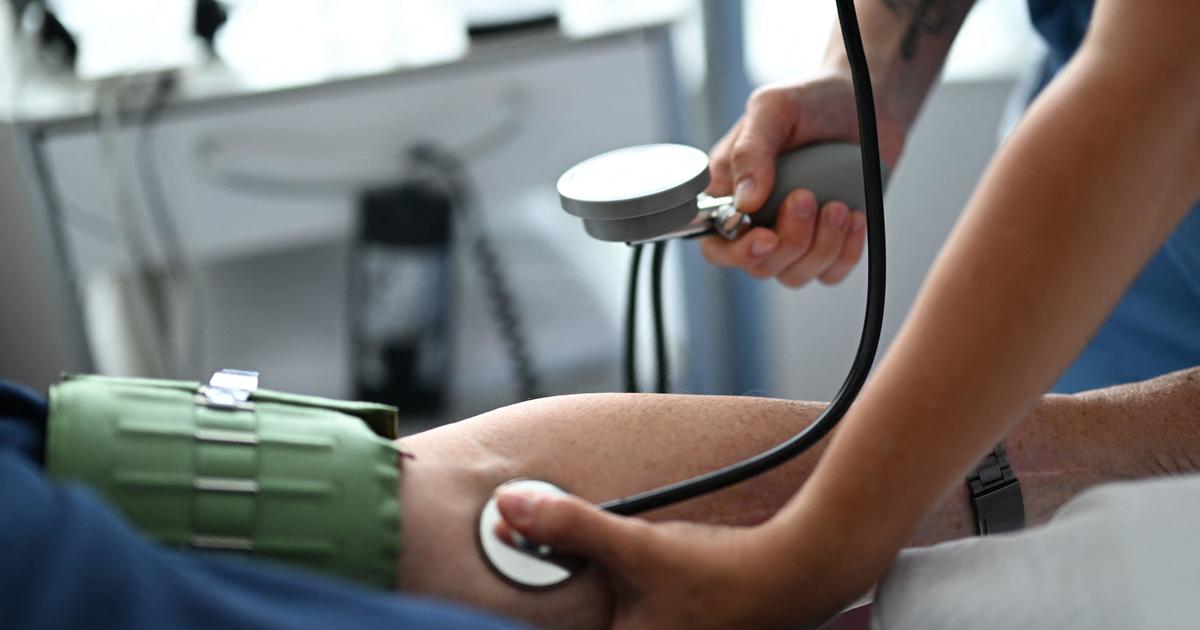Dr. Max Gomez: Simple Test Could Detect Early Signs Of Alzheimer's
NEW YORK(CBSNewYork) -- Some 5-million Americans are currently battling Alzheimer's disease and that number is expected to nearly triple over the next three decades.
Most people don't see a doctor about memory problems until the disease is pretty far along, CBS 2's Dr. Max Gomez reported, but a simple test could spot early signs of the disease.
WEB EXTRA: A Test To Measure Thinking Ability
There is no cure for Alzheimer's but there are treatments that could slow the progression of the disease if they are started in its early stages.
Early Alzheimer's can look a lot like a senior moment and that is why simple diagnostic tests are important.
Emily Caldwell told CBS 2's Dr. Gomez that while her mother was diagnosed with Alzheimer's eight years ago the family suspected that something wasn't right two years before that.
"She was always missing a beat. We would be in conversation and she would say 'what are you talking about,'" Caldwell said.
Researchers at Ohio State University claim that a simple self-administered test can help spot cognitive changes. The four page test was given to people over the age of 50 and measured language, reasoning, problem solving, and memory.
"We are able to use it very easily in community settings," said Dr. Douglas Scharre, Director of Cognitive Neurology at Ohio State University.
Dr. Scharre said that the test can be taken at home, at the senior center, or at the doctor's office in less than 15 minutes. Previous research has shown that it can detect 80 percent of people with mild thinking and memory issues.
Researchers hope that the test will help catch cognitive changes earlier so doctors can begin treatment right away.
"Patients just come in too late to be identified. They come into their doctor's office perhaps three or four years after people have noticed specific cognitive issues," Dr. Scharre said, "If we see this change we can catch it really early and we can start treatments much earlier than we did without a test."
Emily said that the test would have made a big difference for her mother.
"It definitely would have helped us confirm our suspicions and maybe try to be more aggressive about getting her evaluated," Caldwell said.
The test is much easier to give, less time-consuming and less costly than previous tests, but you should consult a doctor before interpreting results.
Technically the test doesn't specifically diagnose Alzheimer's but it does identify people with cognitive issues that could be early Alzheimer's or other dementia. It also allows doctors to track a patient's cognitive ability over time.
You May Also Be Interested In These Stories



